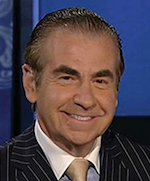 Fraser Seitel |
If you’ve ever wondered which party is more “ethical,” public relations professionals or lawyers, the answer can be summarized in two words: Jussie Smollett.
The obscure actor, purportedly “accosted” by MAGA hat-wearing racist homophobes on the frigid streets of Chicago, is back in the news. First, the city of Chicago sued Smollett, seeking to recover more than $130,000 for costs related to the investigation of the actor’s dubious complaint. Then, Kim Foxx, the embattled Cook County Attorney, called for the county’s inspector general to review how her office handled—or if you’re so inclined, “mishandled”—the case.
Regardless of how the lawsuit or the investigation turns out, the Smollett case has already yielded nourishing lessons for public relations professionals, specifically highlighting the differences in the counsel offered by PR people compared to lawyers.
Assume for a moment that the actor, as the Chicago police charged, hired two African American associates to “attack” him, and then lied about it. Here, then, are the key questions that client Smollett faced and how his handling of them might’ve been different, had he consulted savvy PR advisors rather than ethically-challenged attorneys.
What happened?
This is the first question an attorney asks a client. The client then tells the lawyer what went on, and generally, the attorney leaves it at that and accepts the explanation. The reason a lawyer doesn’t probe is that he or she is forbidden to tell a judge or jury that the client didn’t do something the lawyer knows he did.
That’s why when they asked Alan Dershowitz whether he thought his client, O.J. Simpson, was guilty, the Harvard lawyer famously answered, “I didn’t ask, because that wasn’t my job.”
In Smollett’s case, of course, the actor claimed he was attacked by two white men, and his lawyers ran with it.
Had a PR professional been on hand, the question wouldn’t have been, “What happened?” but rather, “What did you do?” Public relations people must probe more deeply to determine if the client is telling the truth. If you think your client is lying, then you risk losing your own credibility by defending his innocence.
Accordingly, a savvy PR person would’ve had real trouble defending Smollett’s flimsy claim that he had been attacked. His lawyers, of course, suffered no such pangs of guilt. After a grand jury indicted Smollett for arranging the whole thing, the actor’s lawyer said, “Like any citizen, Mr. Smollett enjoys the presumption of innocence, particularly when there has been an investigation, like this one where information, both true and untrue, has been leaked.”
What’s the worst case?
One essential responsibility for a PR person is to present the client with a “worst case” analysis. In other words, determine, in advance, what’s the worst thing that can happen.
In Smollett’s case, the worst thing that could happen was that he’d be found out to be lying about the attack, thus committing a crime, destroying his reputation and imperiling his career.
Had a public relations advisor been consulted before Smollett’s cockamamie stunt, the actor might’ve been talked out of risking everything on such a hare-brained idea. After the fact, a PR advisor would’ve cautioned the actor to tell the truth and show contrition, rather than continuing to follow his lawyers’ advice to insist on his innocence.
What’s the right thing to do?
“Doing the right thing” is the ultimate public relations mantra.
A lawyer advises you on what you must do to stay out of jail. In Smollett’s case, his attorneys—with a head-scratching assist from County Attorney Foxx—successfully got the charges dropped. In response, Smollett’s lawyers continued to declare, “The case is closed … Mr. Smollett, like every citizen, is innocent until proven guilty in a court of law.”
A PR professional, on the other hand, doesn’t tell you what you “must” do but rather what you “should” do to defend yourself in the Court of Public Opinion; there’s a big difference. In Smollett’s case, the “right” thing to do, especially after the case was thrown out, would have been to admit what happened, take responsibility for the mistake that clearly was made, apologize profusely for wasting everyone’s time, and volunteer to make restitution to the city that took the actor seriously and wasted scarce taxpayer resources accordingly.
The last thing a thoughtful PR advisor would’ve counseled Smollett was to continue to maintain his innocence.
What do you say?
Jussie Smollett’s statement at his press conference after Foxx had thrown in the towel was stunning in its audacity.
“I have been truthful and consistent on every level since day one. I would not be my mother’s son if I was capable of one drop of what I’m accused of. This has been an incredibly difficult time. Honestly one of the worst of my entire life.”
Following his lawyers’ advice to play the “victim” to the end, the actor refused to be remorseful.
What should Smollett have said? Well, he could’ve taken a cue from fellow actor Felicity Huffman, who pleaded guilty and accepted full blame for participating in the college admissions cheating scam.
Accordingly, Smollett should’ve said, “What I did was stupid and a mistake. Implicating my two friends and taking advantage of the dedicated Chicago police force and the goodwill of the public was wrong in every way. I am ashamed and committed to repaying the city for its monetary loss and regaining the trust of the public through my actions going forward.”
Instead, the harassed actor opted to stay true to the wrong-headed advice his lawyers continued to proffer. With the Empire star’s acting future in doubt and the false police report story refusing to go away, Smollett’s attorney lashed out with one final tone-deaf appeal, “We will not try this case in a court of public opinion. There is no case to try. The case was dismissed. We should all allow Mr. Smollett to move on with his life as a free citizen.”
Good luck with that, Counselor.
***
Fraser P. Seitel has been a communications consultant, author and teacher for 40 years. He is author of the Pearson text ”The Practice of Public Relations,” now in its 13th edition, and co-author of “Rethinking Reputation” and ”Idea Wise.” He may be reached directly at [email protected].


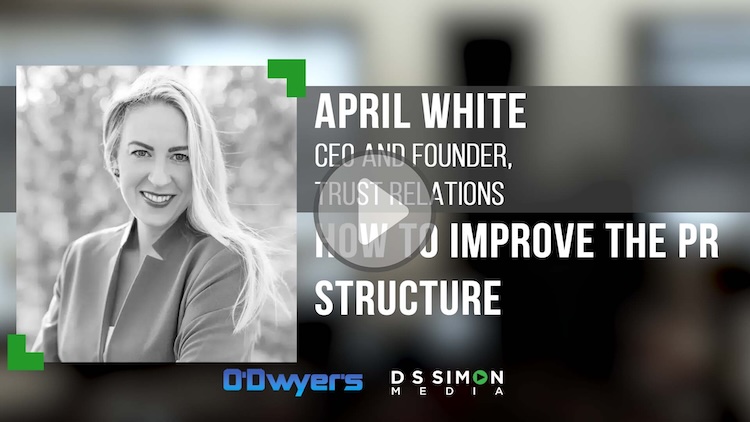
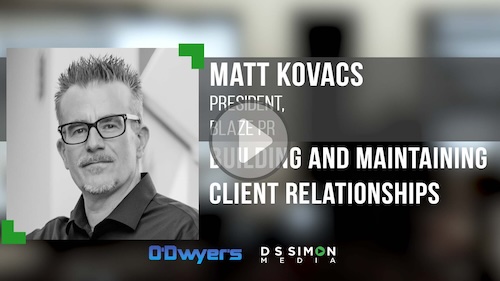

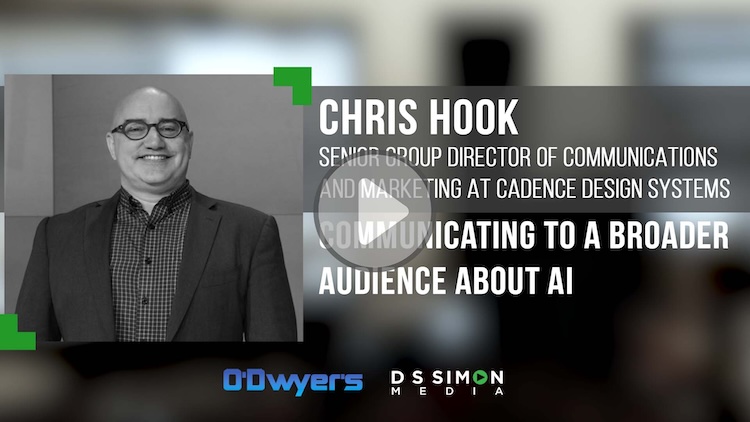
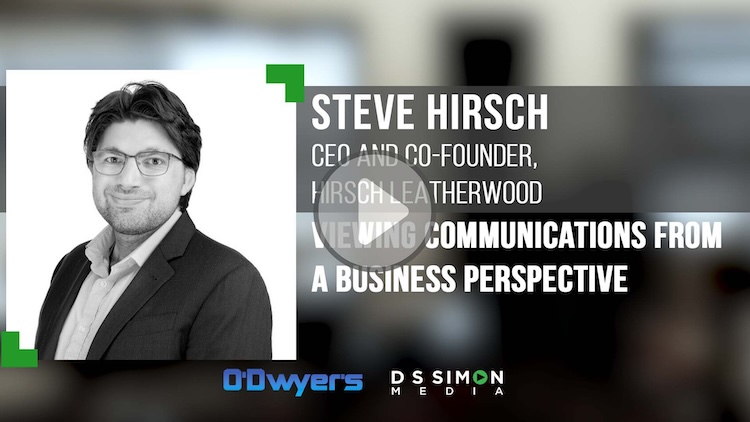



 Have a comment? Send it to
Have a comment? Send it to 
No comments have been submitted for this story yet.